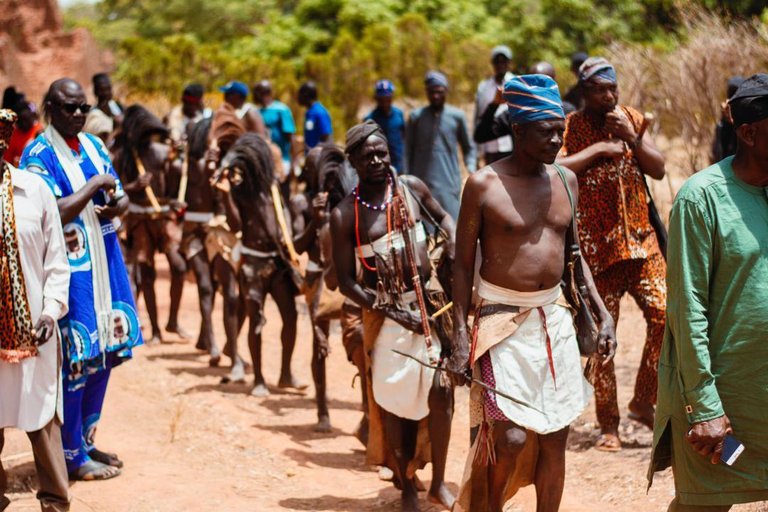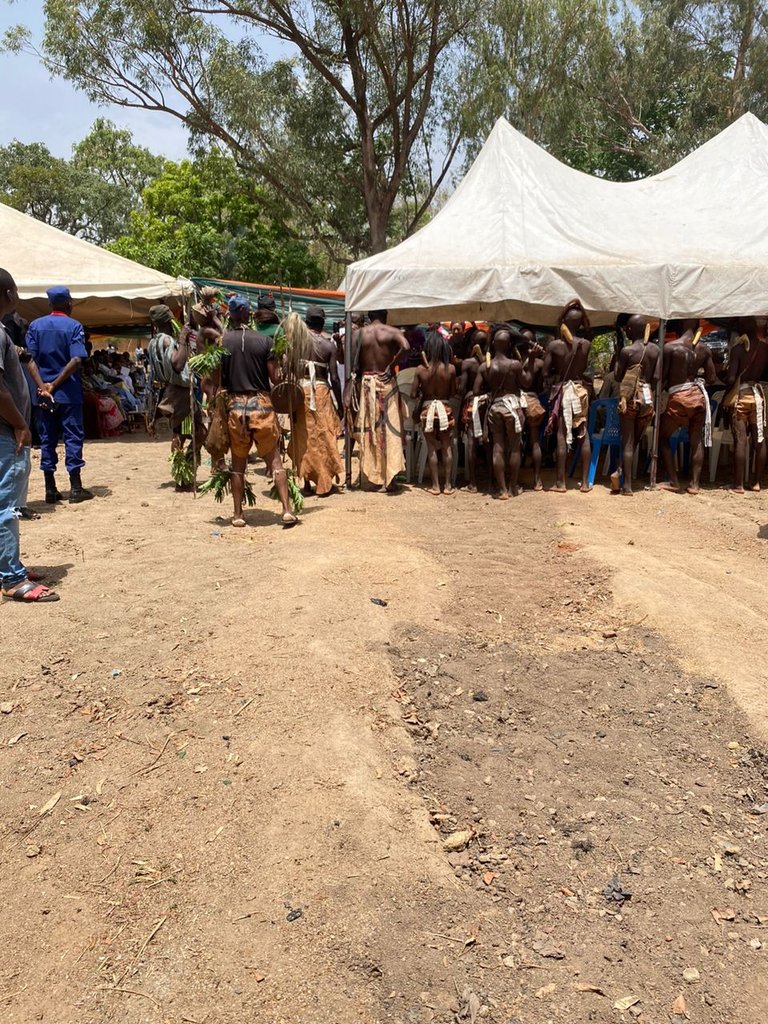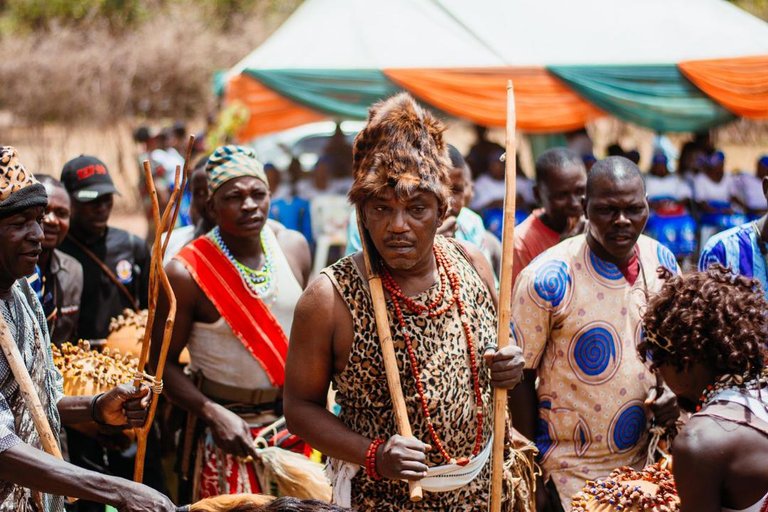Every culture has something unique that makes them stand out. In Nigeria, the way different cultures show respect varies, and this has greatly influenced the behaviour of people coming from different cultural backgrounds. For instance, the yorubas usually dobale, which means prostrate, when greeting an elder as a way of showing their respect. The Igbos, on the other hand, do not prostrate; they have their own unique way of showing respect in regards to exchanging pleasantries, as do other cultures across the country.

I'm a proud Ngas girl from the hills of Plateau State, Nigeria. The Ngas people have cultural norms that have greatly influenced how we interact with people; these norms are deeply rooted in our history, traditions, and also our immediate environment.
The advent of modernization, globalisation, and even socio-economic changes has been quite challenging as the Ngas people navigate trying to adapt to the new realities of modernization while also preserving their tradition. Most individuals tend to navigate these challenges differently, with some embracing change and accepting that even with diversity in heritage, there is still space for inclusion of the cultural heritage, and others not willing to and holding only to the traditions.


Even with globalisation, most Ngas people still uphold most of our cultural heritage. Our active participation in cultural events, ceremonies, and rituals gives us a deep sense of connection with our roots and ancestors.
The Ngas people are known for their hospitality, generosity, and communal living. We have great values for family and community relationships. Our arms are always wide open to welcome and treat guests and foreigners with kindness and respect, not just that but also giving room for inclusivity. The elders collectively made decisions just like it is in our system of government now, while the youths are expected to be obedient and respectful at all times. This has greatly influenced how we relate to people outside our community and the world at large.
It is rare to meet a Ngas person who is not attracted to agriculture. Farming is a central part of our livelihood, and even in the age of globalisation, most people are still into farming, even though not directly. Some prefer to employ the services of others, while others happily carry out the farming activities by themselves. This is because we have a strong connection to our natural surroundings. In the Ngas culture, farming activities not only sustain physical needs but also hold spiritual significance; they are believed to connect humans and nature. Hence the practice of traditional ceremonies like fertility rites and rainmaking during farming seasons as a sign of reverence for the land and the forces governing it.
The Ngas cultural norms are distinct and unique from the online culture that I see because they prioritise the well-being of the people over personal desire, unlike what we see online today, where people promote more individualism and self centeredness. I've seen posts online where some individuals believe they owe their parents nothing. It is okay to prioritise oneself, but not to ignore everyone else, especially our parents. Personally, I believe I owe everything to my parents for nurturing me from infancy until now.
There is no doubt that cultural norms may serve as a unifying force, which should not be used as a tool to marginalise or exclude a certain group of people or individuals. For the Ngas people, they strongly believe in unity; they feel no culture or people is superior or inferior to the other, like we see online these days, especially amongst certain tribes in Nigeria. We are all equal before the Creator.
ALL IMAGES ARE MINE.
Thank you for coming to my blog 🤗, kindly leave a message.
https://inleo.io/threads/view/leogrowth/re-leothreads-2nclxpr83
Posted Using InLeo Alpha
